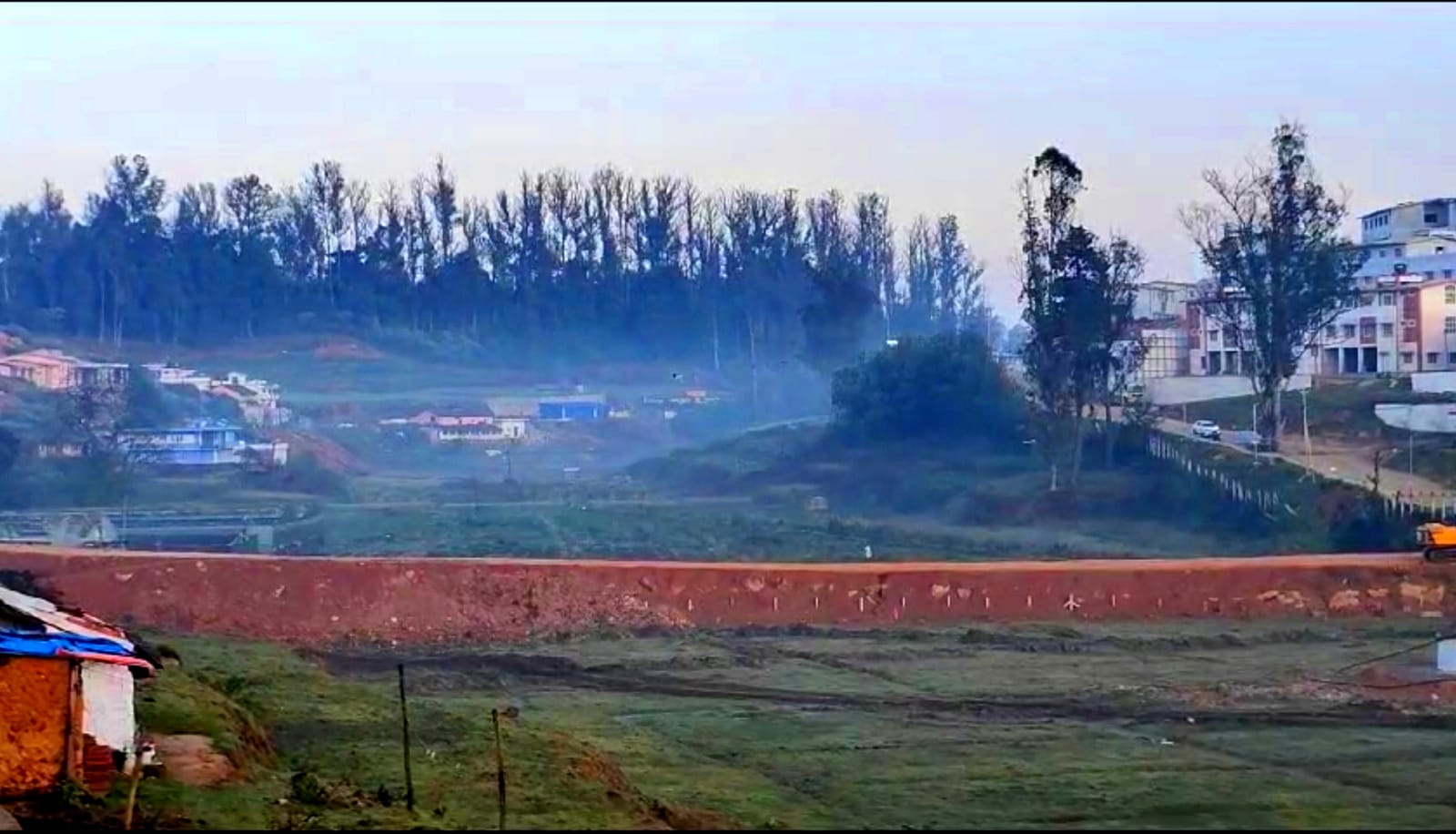Are you planning a trip to the Windy City but trying to stick to a budget? Look no further than this guide on finding cheap hotels in Chicago! With so many options available, it can be overwhelming to decide where to stay without breaking the bank. But fear not, we’ve got you covered with tips and tricks for scoring the best deals and recommendations for some of the top affordable accommodations in town. Keep reading and learn how you can experience all that Chicago has to offer without compromising your wallet.
What are the best places to stay in Chicago for a cheap hotel?
Chicago is a city that has something for everyone, from its iconic architecture and world-class museums to its vibrant food scene and thriving nightlife. When it comes to finding a cheap hotel in the area, there are several neighborhoods worth considering.
One option is the Loop, which is Chicago’s central business district. While it may seem like an unlikely place to find affordable accommodations, there are plenty of budget-friendly options available. Plus, staying here will put you within walking distance of many of the city’s top attractions.
Another neighborhood to consider is Lakeview, which offers easy access to Wrigley Field as well as some great bars and restaurants. This area also boasts a variety of lodging options at reasonable prices.
If you’re looking for more of a bohemian vibe, consider staying in Logan Square or Pilsen. These neighborhoods offer unique experiences with street art walks and indie music venues while still being accessible by public transportation.
Ultimately, where you choose to stay will depend on your interests and priorities during your trip. With so much diversity among Chicago’s neighborhoods though, you’re sure to find an affordable hotel that suits your needs!
What are some tips for finding a cheap hotel in Chicago?
Finding a cheap hotel in Chicago is possible if you know where to look and what to look for. Here are some tips to help you find the best deal:
1. Plan ahead: The earlier you book your hotel, the more likely you are to get a good deal. Keep an eye out for sales or discounts that hotels offer throughout the year.
2. Location matters: Consider staying outside of downtown Chicago, as hotels in these areas tend to be less expensive. Look for neighborhoods such as Hyde Park, Lincoln Park, or Wrigleyville.
3. Compare prices: Use travel websites like Expedia or Booking.com to compare prices across different hotels and dates.
4. Check hotel amenities: While cheaper hotels may not offer all the luxuries of higher-end ones, make sure they still provide basic amenities like free Wi-Fi and breakfast.
5. Know when to travel: Avoid peak tourist seasons (June-August) and holiday weekends when prices tend to spike.
By following these tips, you can easily find a cheap hotel in Chicago without sacrificing comfort or convenience!
How to find CHEAP hotels in Chicago!
Chicago is a great city to visit, but finding an affordable place to stay can be quite challenging. With so many hotels available, it’s hard to know where to start looking for a cheap one. Here are some tips that will help you find the best deals on hotels in Chicago.
Firstly, consider booking your hotel outside of peak season when prices tend to be higher. This could mean visiting Chicago during the fall or winter months instead of summer when there’s a higher demand for accommodations.
Another way to save money on accommodation is by being flexible with your travel dates. If you’re able to adjust your schedule by just a day or two, this could make a significant difference in the price you pay for your hotel room.
If you’re not familiar with the different neighborhoods in Chicago, do some research before making any reservations. Some areas may have cheaper options than others, and choosing wisely could save you big bucks.
When searching for hotels online, make sure that you use multiple websites as prices can vary across different platforms. Don’t forget about discount codes or membership programs that offer exclusive rates and promotions.
Keep an eye out for last-minute deals and flash sales from hotels directly or third-party sites like Expedia or Booking.com. These offers typically come up closer to the date of travel but can result in significant savings if timing works out well.
Finding cheap hotels in Chicago requires patience and flexibility but following these tips should help ease the process!
The best cheap hotels in Chicago
Chicago is a vibrant city with so much to offer, from its stunning architecture to its delicious food scene. If you’re on a budget and looking for affordable accommodation options, don’t worry! There are plenty of cheap hotels in Chicago that won’t break the bank.
One option is The Willows Hotel in Lakeview East. It’s located just steps away from Lake Michigan and offers cozy rooms with vintage decor. Another great choice is The Freehand Chicago which has private rooms as well as shared dorm-style accommodations. Plus, they have an on-site restaurant and bar!
If you’re looking for something more central, check out the HI Chicago Hostel in the Loop area. This hostel features colorful bunk beds and private rooms at an affordable price point.
For those who prefer boutique accommodations, try The Fieldhouse Jones hotel in River North. Their trendy design aesthetic will make your stay feel like a luxurious one without breaking the bank.
No matter what type of traveler you are or what your budget may be, there are plenty of cheap hotels in Chicago that will suit your needs!
How to find the best deals on hotels in Chicago
Chicago is a bustling city, and it’s not always easy to find the best deals on hotels. However, with some effort, you can snag great bargains on your accommodation. Here are some tips for finding the best deals on hotels in Chicago:
Firstly, consider booking your stay during off-peak seasons like winter when hotel prices usually drop significantly. Secondly, use hotel search engines or aggregator websites which will help you compare different accommodations and their rates.
Another option is to sign up for loyalty programs or newsletters of budget-friendly hotel chains that have locations in Chicago. This way, you’ll receive alerts about upcoming sales or special promotions they may be offering.
You can also try bidding sites like Priceline where you bid on available rooms at discounted rates but without knowing exactly which property you’re going to get until after making payment.
Calling directly to the hotel chain’s reservation line could lead to lower rates than advertised online as many hotels prefer direct bookings over external ones due to commission fees
By keeping these tips in mind and doing thorough research before booking your trip’s accommodation will eventually lead you into finding affordable lodging options that meet both your requirements and budget!
What to expect when staying at a cheap hotel in Chicago
Staying at a cheap hotel in Chicago can be an affordable way to experience the city, but it’s important to know what to expect before booking your stay. First and foremost, don’t expect luxury accommodations or high-end amenities. Cheap hotels typically offer basic rooms with minimal decor and limited services.
You may also encounter some noise from other guests or outside sources, as these hotels are often located in busy areas of the city. Additionally, while most cheap hotels strive for cleanliness, you may notice some wear and tear on furnishings or fixtures.
That being said, many budget-friendly hotels in Chicago still provide comfortable beds and essential amenities like free Wi-Fi and complimentary breakfast options. Some even offer unique features such as communal areas for socializing or kitchenettes for preparing meals.
It’s important to do your research when choosing a cheap hotel in Chicago by reading reviews from past guests and checking out photos of the property online. By managing your expectations and knowing what to anticipate during your stay, you can make the most of your budget-friendly trip to this vibrant city.
Conclusion
To sum it up, finding a cheap hotel in Chicago can be challenging but not impossible. With the right research and planning, you can find affordable accommodations that won’t break the bank. Some of our top tips include being flexible with your travel dates, booking directly through the hotel’s website, and considering alternative neighborhoods outside of downtown.
Additionally, don’t forget to read reviews from previous guests to ensure that the hotel meets your standards and expectations. By following these guidelines and utilizing resources such as online travel agencies and deal websites, you’ll be well on your way to enjoying an affordable stay in one of America’s greatest cities – Chicago!

 Business2 years ago
Business2 years ago
 Tips & Tricks2 years ago
Tips & Tricks2 years ago
 Law2 years ago
Law2 years ago
 Technology2 years ago
Technology2 years ago
 Business2 years ago
Business2 years ago
 Business1 year ago
Business1 year ago
 Lifestyle2 years ago
Lifestyle2 years ago
 Technology2 years ago
Technology2 years ago







